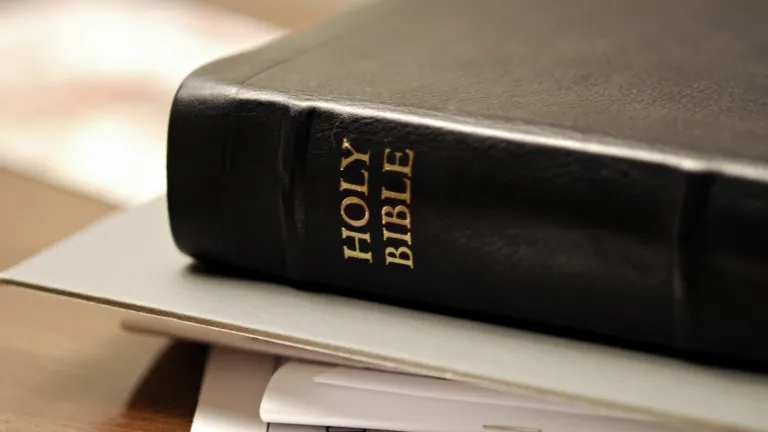Jesus Christ's Submission to the Father

The apostle Paul, in Philippians 2, says that Jesus was willing to voluntarily surrender His awesome godly power and position for our sakes, telling us: "Your attitude should be the same as that of Christ Jesus: who, being in very nature God, did not consider equality with God something to be grasped [i.e., tightly held onto and not let go of], but made himself nothing, taking the very nature of a servant, being made in human likeness. And being found in appearance as a man, he humbled himself and became obedient to death—even death on a cross!" (Philippians 2:5-8, NIV).
After Jesus had been sacrificed for our sins and then restored to eternal life, He "sat down at the right hand of the Majesty on high [that is, the Father]" (Hebrews 1:3). After He had directly experienced what it was like to be a flesh-and-blood human being, Christ returned to the Father's side—His previous station throughout all past eternity.
Remember His words just before His impending death and resurrection: "And now, O Father, glorify Me together with Yourself, with the glory which I had with You before the world was" (John 17:5). In this passage Jesus talks of a time even before the creation account of Genesis 1:1, when these two divine Beings were together.
Of course, then and always, the Father is supreme. Christ's equality with the Father is in the sense of sharing the same level of existence, both of Them being God. It does not mean, as the Trinity doctrine holds, that the two are equal in authority—for Scripture clearly shows that Jesus is subordinate to the Father.
The Athanasian Creed, in use since the sixth century, states that "in this Trinity . . . none is greater, or less than another." In fact, Trinitarian teaching denies any relationship of command and obedience between the divine persons—as this would imply individual wills and distinct beings and contradict the doctrine. Yet Scripture tells us that the Father gives commands that Christ perfectly and lovingly obeys (John 12:49-50; John 14:31; John 15:10). And Jesus distinguished between His own will and the Father's, yet submitted to the Father's will (Luke 22:42; John 5:30). Some see this as a temporary façade while Christ was in the flesh, yet His subordination to the Father persists today and will persist through the culmination of the ages.
The 15th chapter of 1 Corinthians is often rightly called the resurrection chapter. It tells us that everyone in God's future Kingdom will be subject to Christ, with the Father being the only exception: "It is evident that He [the Father] who put all things under Him [the Son] is excepted. Now when all things are made subject to Him, then the Son Himself will also be subject to Him who put all things under Him, that God may be all in all" (1 Corinthians 15:27-28).
Earlier in 1 Corinthians, Paul clearly states that "the head of Christ is God" (1 Corinthians 11:3). In both of these passages Paul describes two individual divine Beings, with Jesus being subject to God the Father. This is consistent with Jesus Christ's own statements in which He said, contrary to the Athanasian Creed, "My Father is greater than I" (John 14:28) and "My Father . . . is greater than all" (John 10:29).
Directly from Scripture, we see that God the Father is the undisputed Head of the family—and that Father and Son are not coequal in authority, as claimed by the Trinity doctrine.







